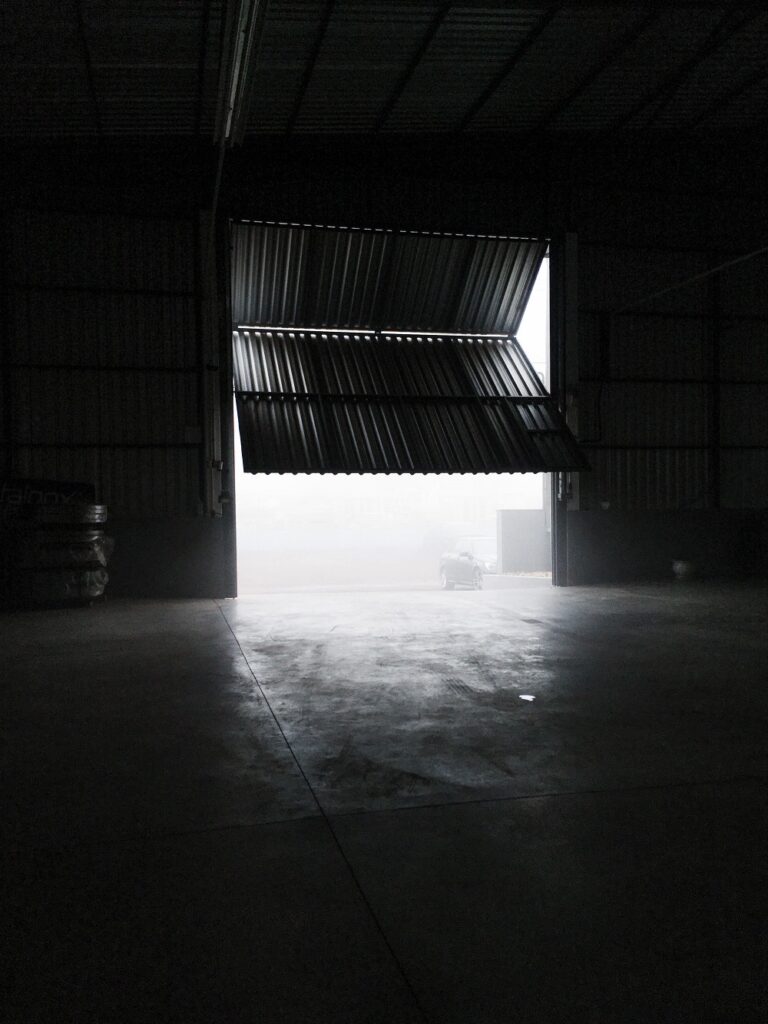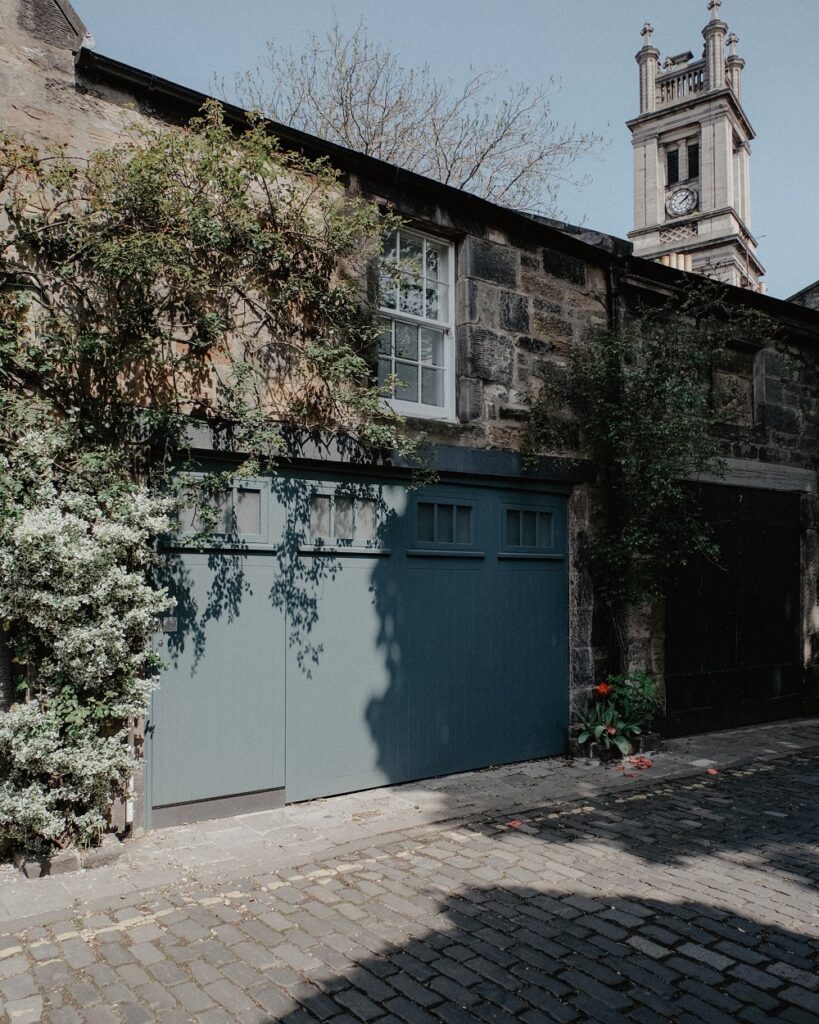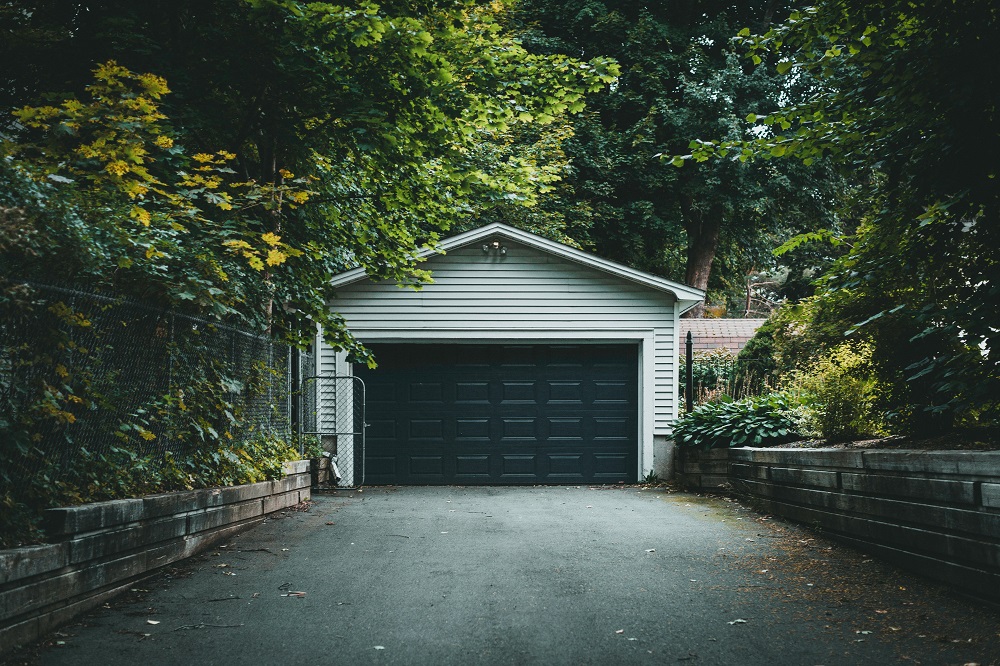
Your garage door is an essential component of your home, providing security and convenient access to your garage. However, like any mechanical device, garage doors can experience wear and tear over time, which can result in malfunctions or other issues. Here are some warning signs that you may need garage door repair:
1. Unusual Sounds
If your garage door is making unusual sounds, such as grinding, scraping, or squeaking, it may be a sign that there is an issue with the door. Unusual sounds can indicate a variety of issues, such as worn or damaged rollers or misaligned tracks, which can cause the door to become stuck or difficult to open.
2. Slow Operation
If your garage door is operating more slowly than usual, it may be a sign that there is an issue with the door’s springs or other components. Slow operation can also indicate that the door is unbalanced or misaligned, which can cause further damage to the door if left unaddressed.
3. Difficulty Opening or Closing
If your garage door is difficult to open or close, it may be a sign that there is an issue with the door’s springs, tracks, or other components. Difficulty opening or closing can also be caused by a misaligned door, which can make it difficult to operate the door manually or with an automatic opener.
4. Uneven Movement
If your garage door is moving unevenly, it may be a sign that there is an issue with the door’s springs, cables, or other components. Uneven movement can cause the door to become unbalanced, which can make it difficult to open or close and can cause further damage to the door if left unaddressed.
5. Sagging or Bowed Door
If your garage door is sagging or bowed, it may be a sign that there is an issue with the door’s springs or other components. Sagging or bowed doors can compromise the security of the garage and can make it easier for intruders to gain access.
6. Remote Control Malfunctions
If your garage door’s remote control is not working properly, it may be a sign that there is an issue with the door’s opener or other components. Remote control malfunctions can cause the door to stop responding to commands, which can be frustrating and can compromise the security of the garage.
There are several warning signs that you may need garage door repair, including unusual sounds, slow operation, difficulty opening or closing, uneven movement, sagging or bowed doors, and remote control malfunctions. If you are experiencing any of these issues with your garage door, it is important to address them as soon as possible to prevent further damage and ensure the continued functionality and security of your garage. Be sure to consult with a professional if you need assistance with garage door repair, as they can help to diagnose and address the issue and provide advice on maintenance and preventative measures to keep your garage door functioning properly for years to come.


